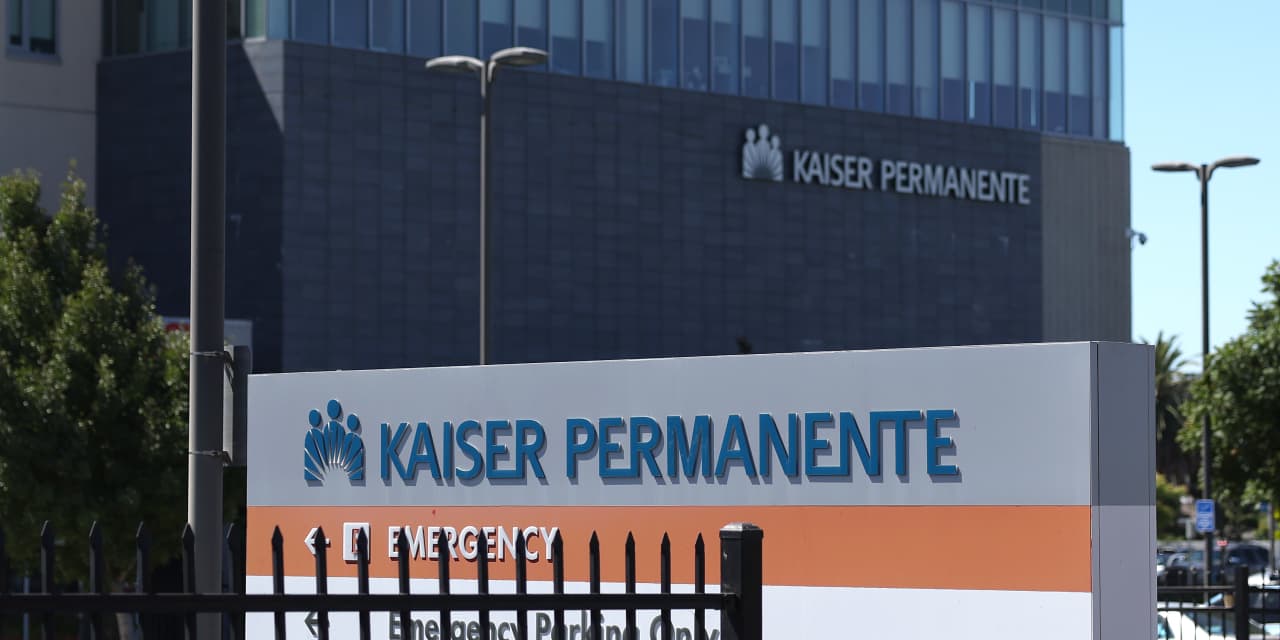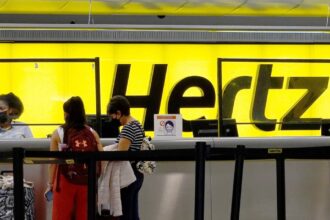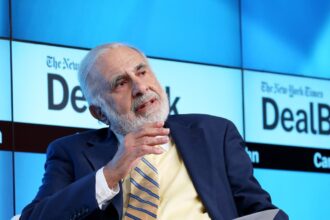Kaiser Permanente, one of the largest nonprofit U.S. healthcare providers, is facing a strike this week by 75,000 union workers after their contract expired on Saturday.
It could set the stage for what union leaders are calling the healthcare industry’s biggest strike in U.S. history.
The unions representing the workers called for a three-day walkout starting at 6 a.m. Wednesday. They are protesting what they call unfair labor practices and unsafe staffing levels, along with seeking pay raises and protections against outsourcing.
The strike, targeted to Kaiser facilities in California, Colorado, Oregon, Washington, Virginia, and Washington, D.C., is expected to last through 6 a.m. Saturday.
“If Kaiser continues to commit unfair labor practices, we are prepared to engage in another longer, stronger strike in November,” the union coalition said.
Kaiser Permanente told Barron’s that Kaiser leaders and the unions representing its employees have agreed to keep meeting through midday Tuesday, saying: “A strike is not inevitable, and it is certainly not justified.” But if a strike does begin on Wednesday, Kaiser said contingency plans are in place to ensure members continue to receive care during the strike, and that hospitals and emergency departments remain open.
Kaiser Permanente said its current offer includes “guaranteed across-the-board wage increases” from 12.5% to 16% over 4 years, and a $21 minimum wage in Washington, Oregon, Colorado, Virginia, Maryland, Washington, D.C., and Hawaii starting in 2024, and a $23 minimum wage in California starting in 2024 .
The SEIU-UHW, which represents many of the workers, said Sunday it had received another offer from Kaiser that included proposed pay raises, outsourcing protections, retiree healthcare benefits, and provisions for remote work, but that it didn’t agree to the offer.
The unions said Kaiser executives have failed to respond to numerous proposals to address a staffing shortage, and that Kaiser Permanente is trying to slash bonuses in half, eliminate protections against subcontracting and outsourcing, and require remote workers to return to work at a Kaiser facility with only two weeks’ notice. They called Kaiser’s wage proposals “offensive” and inadequate.
Doctors, registered nurses, and hospital managers won’t be included in the strike, but other medical staff are, including X-ray, surgical, and lab technicians, nursing assistants, pharmacy workers, home health aides, and others.
Based in Oakland, Calif., Kaiser said it has 12.7 million members and operates 39 hospitals and 622 medical offices. It employs 212,974 people.
Kaiser said it has hired more than 50,000 front-line employees in the past two years, including more than 9,800 workers hired this year in jobs represented by the union, toward a goal of 10,000 new hires by the end of October. “We will absolutely do the right thing for our employees,” while keeping its care affordable and available for members, Kaiser Permanente said.
The looming Kaiser Permanente strike comes at a time of heightened labor activism. In Hollywood, actors and other workers represented by the 160,000-member SAG-AFTRA union are striking, but returned to the bargaining table this week in talks over a new contract with the Alliance of Motion Picture and Television Producers, including Walt Disney (ticker: DIS) and Netflix (NFLX).
The United Auto Workers union on Friday expanded its strike as it continues to push for new contracts with Ford Motor (F), General Motors (GM), and Stellantis (STLA).
Write to Janet H. Cho at [email protected]
Read the full article here










